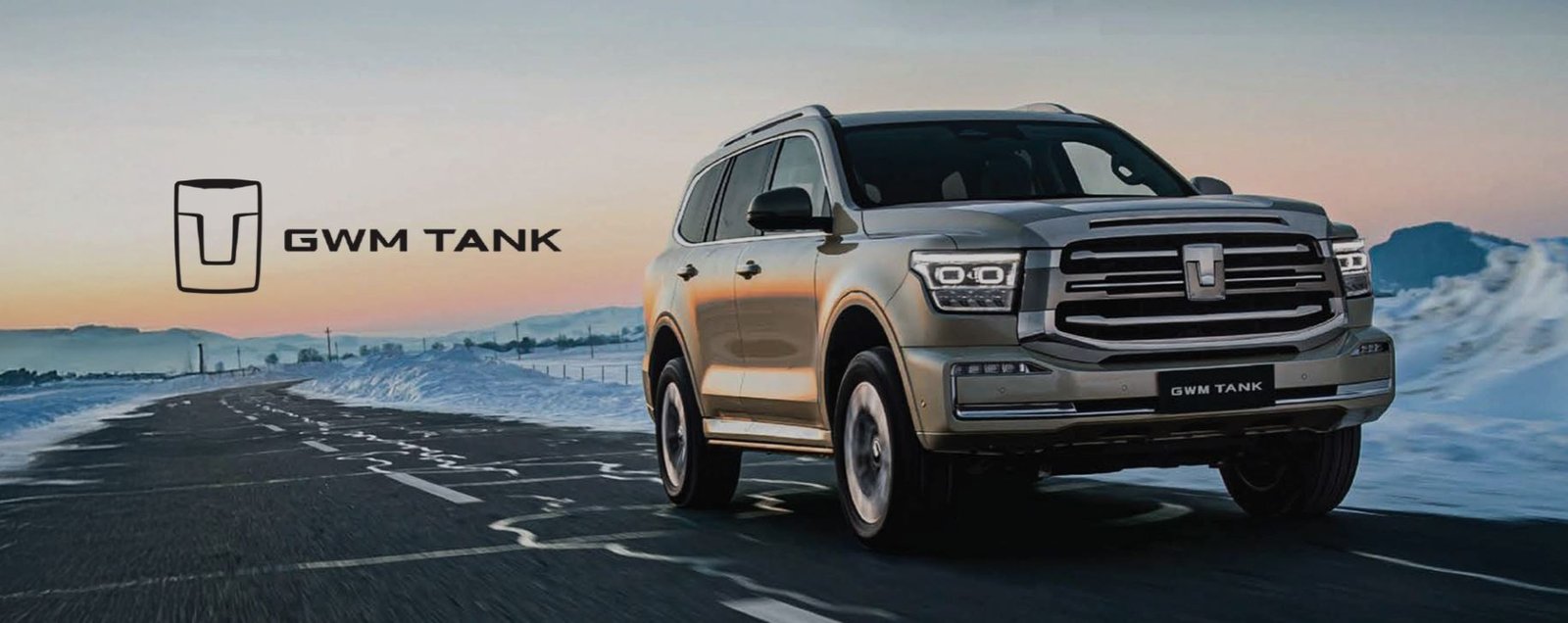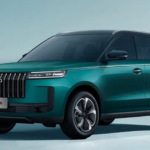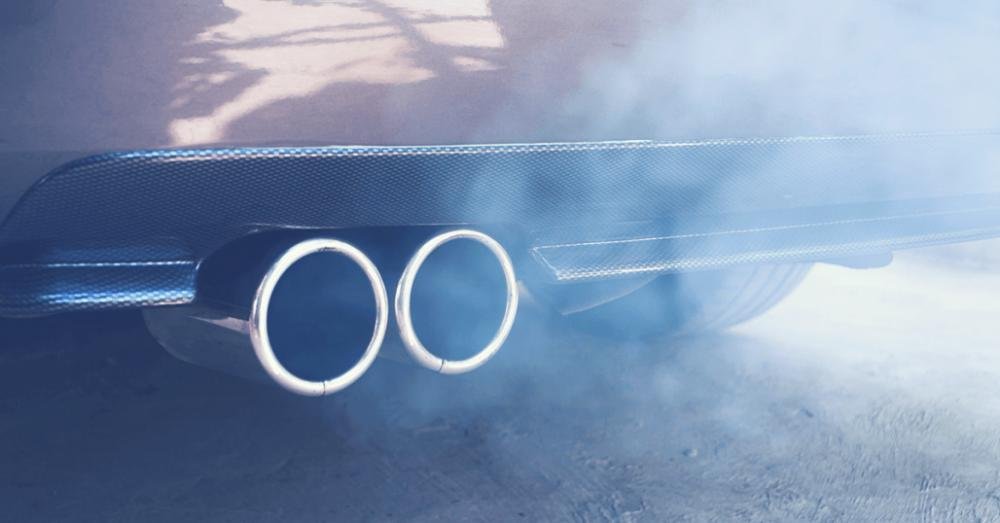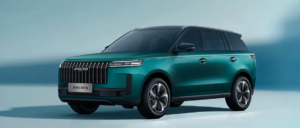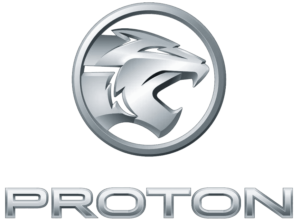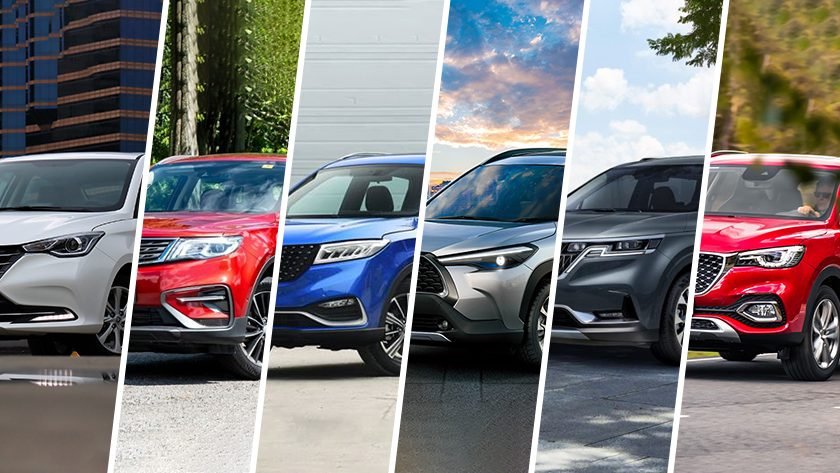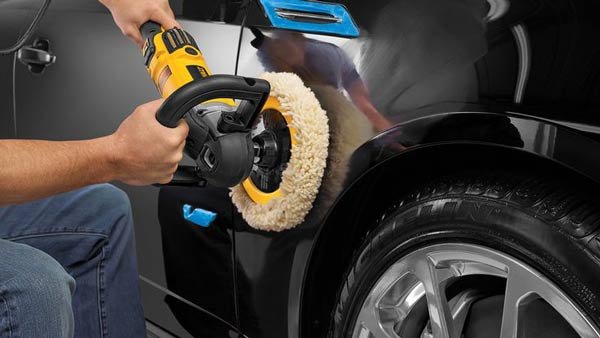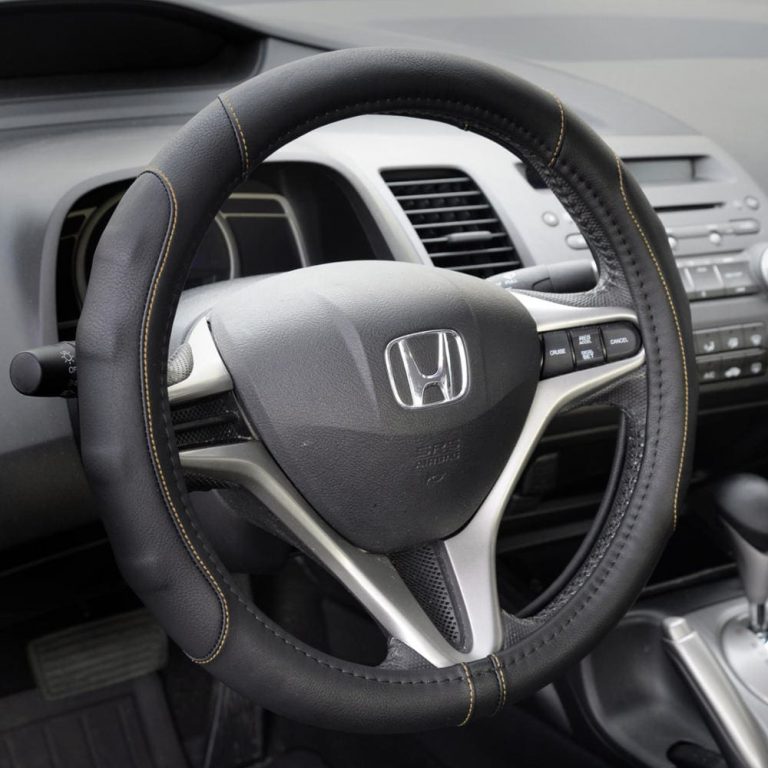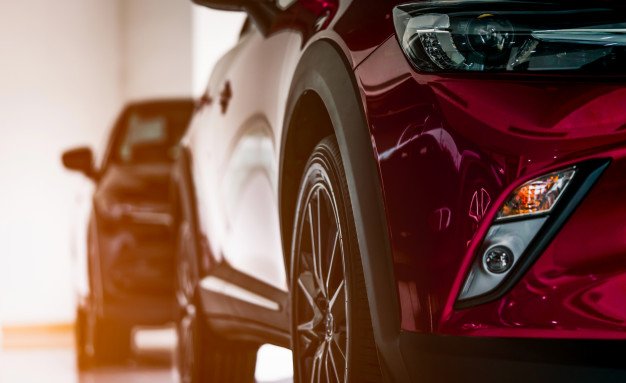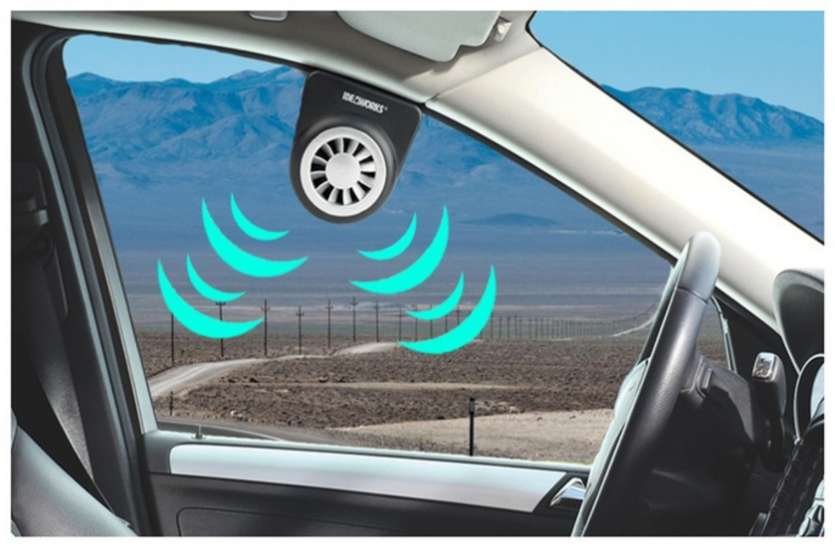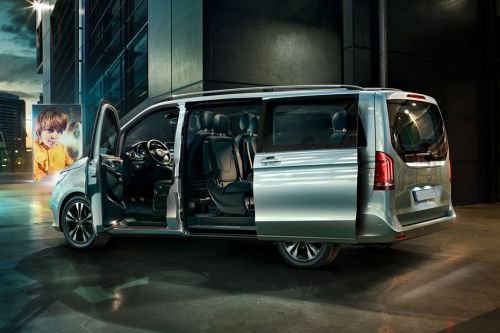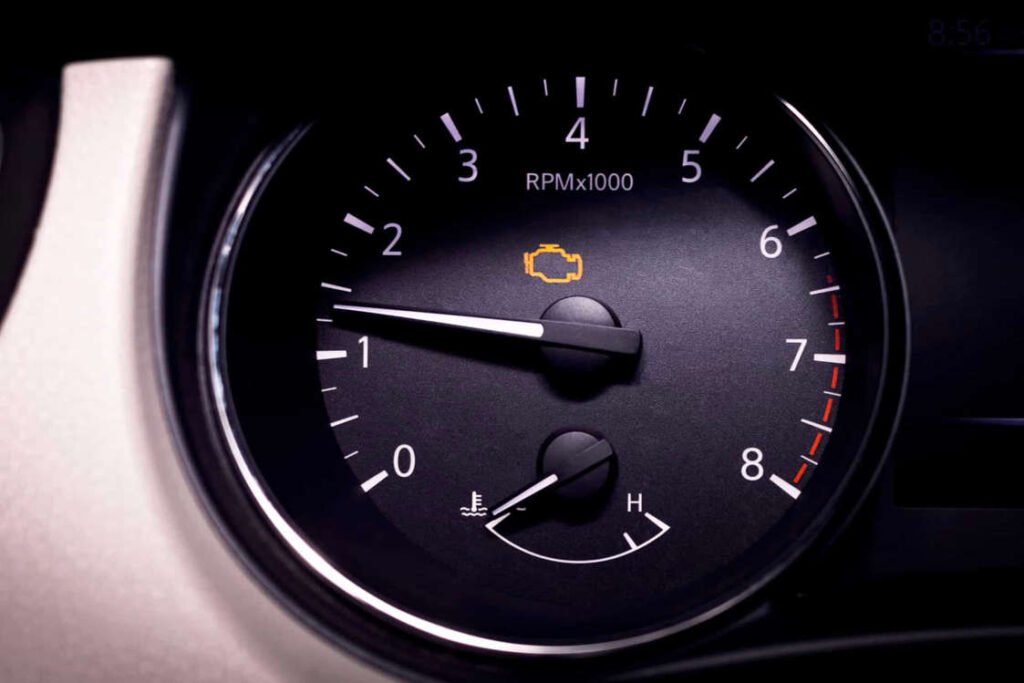Top 10: Fastest Accelerating Production Electric Cars
Top 10: Fastest Accelerating Production Electric Cars
December 28, 2023 / By Zunair Tahir / Automotive Blogs
But because electric motors can provide full torque from a stop, they are redefining what is possible in a way that is tearing up and rewriting those records.
Here, we rank the top 10 electric vehicles in terms of speed from 0 to 60 mph using the manufacturer’s stated official data. In order to set realistic expectations, consider this sobering context: a Formula 1 vehicle can accelerate from 0 to 60 miles per hour in around 2.5 seconds, therefore every car on this list has amazing drag potential, if not less so while navigating 180 mph turns.
Over the past 120 years, a number of hypercar manufacturers have broken acceleration records, including Bugatti, Ferrari, Lamborghini, McLaren, and Porsche.
10. Lotus Evija – sub-3.0 seconds

With its 2011 horsepower and sub-3.0 seconds 0-62 mph performance, the Lotus Evija is a hypercar worth over £2.4 million that aims to prove that an electric future is anything from dull. As anybody fortunate enough to be seated in one of the 130 units being produced will attest.
The Evija stands out for more reasons than just its quick acceleration; after reaching 62 mph in less time than it takes to yell, it continues to accelerate at an almost unbelievable 218 mph after reaching 186 mph from a standstill in 9.1 seconds—still faster than most common hatchbacks.
9. Porsche Taycan Turbo S – 2.6sec
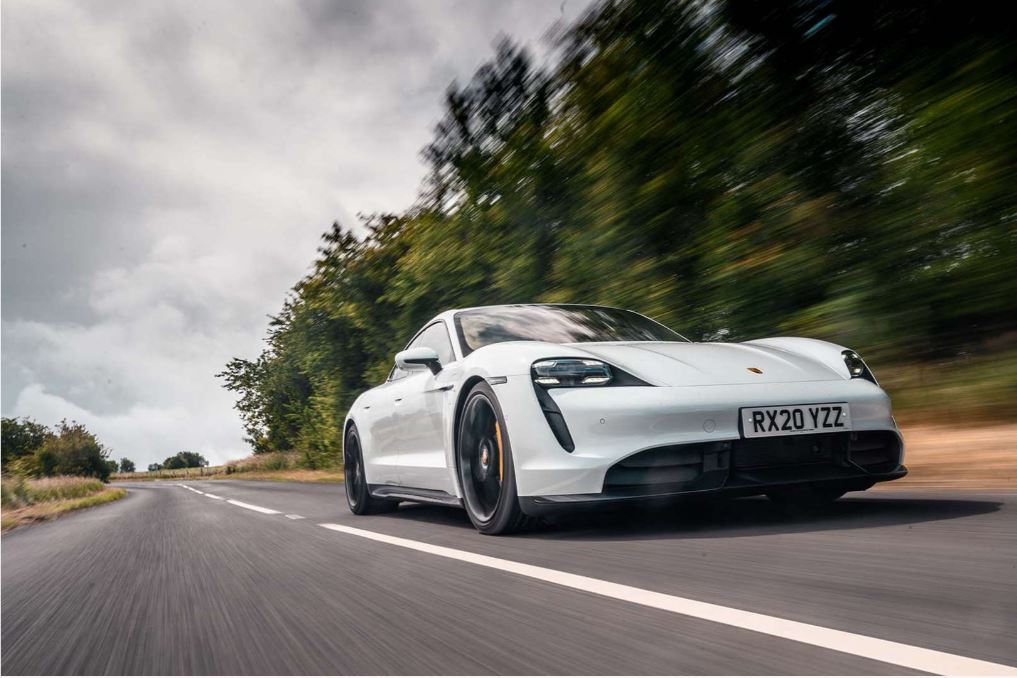
Porsche’s first electric vehicle, the Taycan Turbo S, debuted with the goal of proving to skeptics that electric vehicles can be thrilling. It accomplished this goal admirably, offering incredible acceleration that can reach 60 miles per hour in only 2.6 seconds.
The Porsche Taycan Turbo S, despite its name, lacks a turbocharger—that was a nod to earlier, faster Porsche models—and instead has “just” a 93kWh battery that produces 751bhp total. In contrast, it takes 2.8 seconds for a Lamborghini Huracan Tecnica to reach 60 mph.
8. Tesla Model X Plaid – 2.5sec
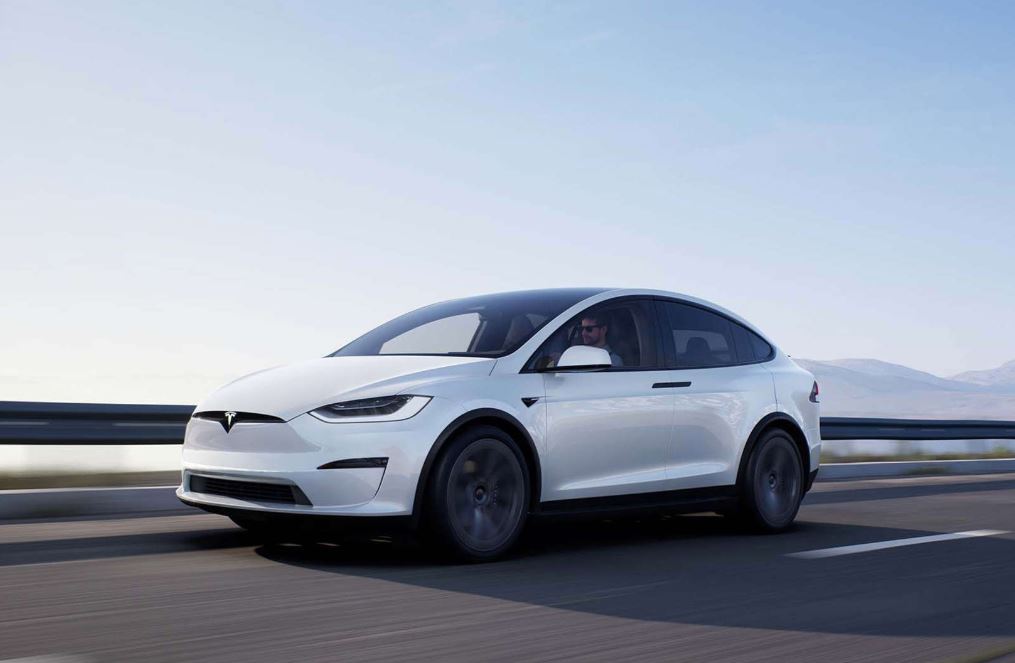
You might be wondering how a 2.5-ton family SUV could possibly rank among the vehicles that accelerate the fastest. That’s the excitement of having an instantaneous torque and strong electric motor, but remember to keep the kids away before you release full 1006bhp.
The Plaid model’s tri-motor arrangement, which propels it down the road as hard as its tires can grip and essentially quicker than any supercar currently on sale, is the secret to the Tesla Model X’s powerful performance. In fact, in a drag race, a Bugatti Chiron (0-62mph, 2.3sec) will barely prevail over it.
7. Lucid Air – 2.5sec
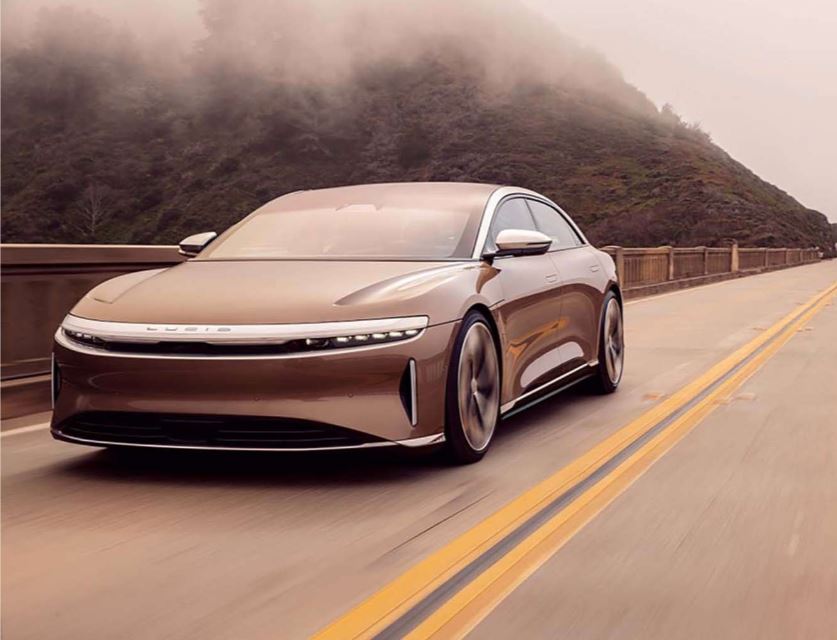
The flagship model of this up-and-coming automaker is the Lucid Air Dream Edition, albeit you’d have to have some pretty crazy dreams if you thought that going from a complete stop to 60 miles per hour in a stomach-turning 2.5 seconds, with a peak speed of 235 miles per hour, was among them.
California-based Lucid began selling the Air in 2021. It has two electric motors that have a combined output of 1065 horsepower. Its battery and efficiency allow it to be rated for a substantial 520 miles per charge, even if using all that power would reduce range. Its fast-charging capabilities let it to add 300 miles of range in 20 minutes (assuming you can find the suitable supercharger).
6. Faraday Future FF91 – 2.2sec

Leading a group of Chinese automakers hoping to build their reputations for producing cars through electrification is Faraday. The FF91 is a hybrid saloon and SUV with a striking look and a hypercar-baiting 2.2-second 0-60mph pace.
Considering its futuristic speed, it’s remarkable that the FF91 was introduced in 2017. The business stated that 64,124 bookings for the automobile had been received in just 36 hours. Though putting the concept into practice hasn’t been simple, we’re excited to see its cars on the road after receiving a lot of funding and being listed on the Nasdaq.
5. Tesla Model S Plaid – 1.99sec
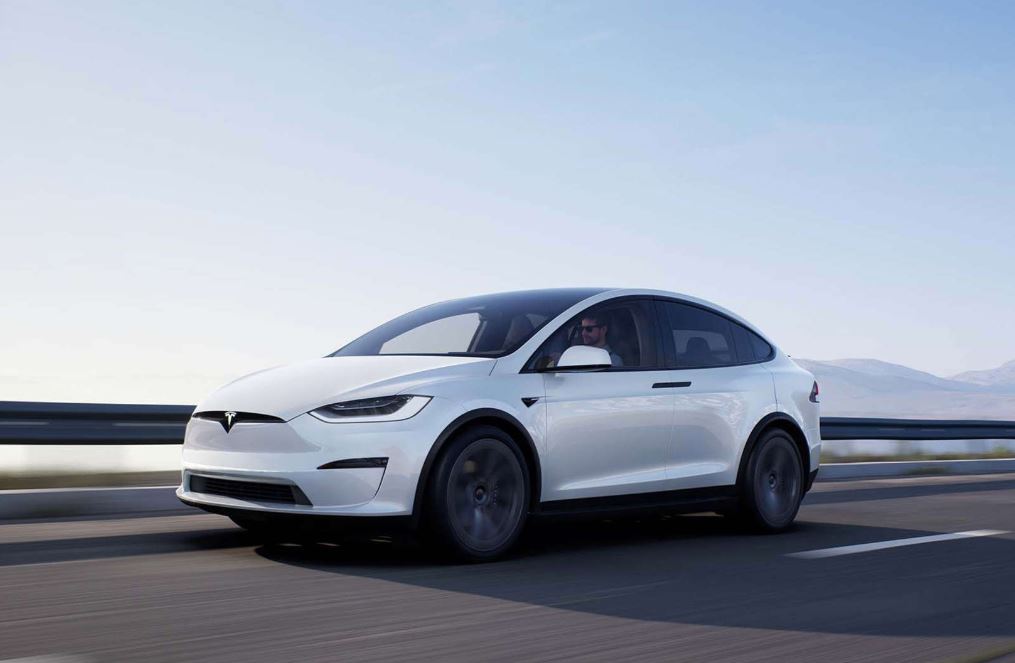
One more Tesla? We’re not even close to finished, though, since Elon Musk and his group of electric pioneers have long recognized the value of a captivating performance figure. The Model S Plaid outperforms the Model X in the 0–60 mph speed of 1.99 seconds because to its slipperier design and (slightly) lower weight.
The Model S Plaid variant, like the Model X Plaid, is equipped with three motors: two on the back and one on the front axle, which together provide 1006 horsepower for the road. Its top speed is 200 mph, and it proved it could handle turns by lapping the Nürburgring in 7 minutes and 30.9 seconds, more than ten seconds quicker than the Taycan Turbo S.
4. Tesla Roadster – 1.9 seconds
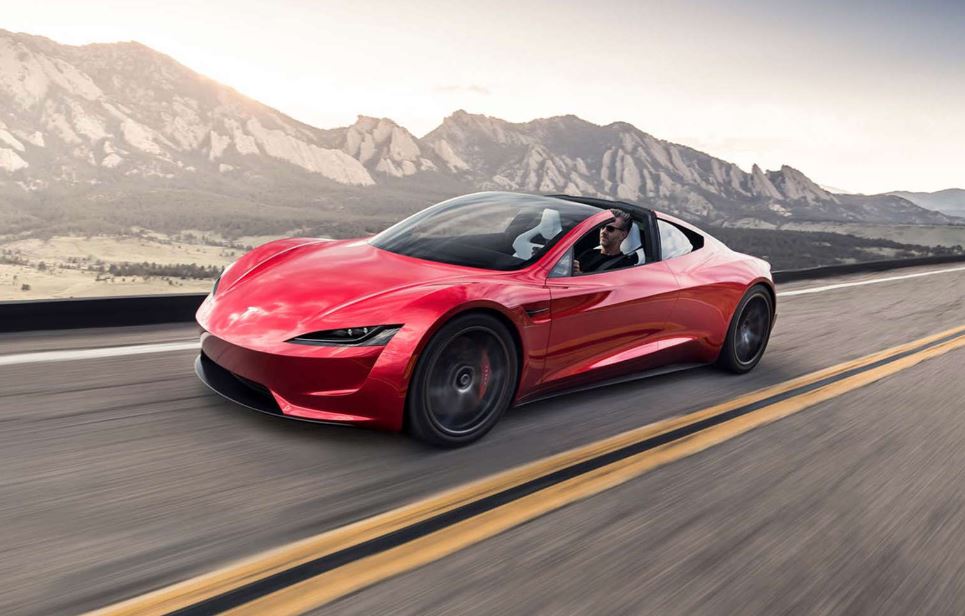
According to rumors, the 200kWh battery of the second generation Tesla Roadster would provide 1000 horsepower, all housed in a comparatively light body. Whatever the specifics, it’s obvious that the Roadster—which can reach 60 mph in 1.9 seconds—must be the quickest Tesla.
It’s important to note that the Roadster is mentioned here more for potential than actuality. Having been unveiled as a concept as early as 2017 and suggested for production almost annually since 2020, nobody, not even Elon Musk, is certain when the project will go on sale.
3. Pininfarina Battista – 1.79sec

There is a little dispute here since, despite recording a time of 1.79 seconds from 0 to 60 mph, the Pininfarina Battista has not yet received homologation. Thus, some choose to emphasize its performance using the official estimate of 2.0 seconds instead. To be honest, we’re willing to include it in this list despite the disclaimers, assertions, and rebuttals surrounding the majority of these numbers.
The Battista’s four electric motors, which produced a powerful 1726 lb ft of torque and 1877 bhp, were the same as those used in the Rimac Nevera. To experience a glimpse of this incredible performance, you will need to shell out around £1.9 million (€2.2 million) to be listed as the owner of one of the 150 cars that are scheduled for manufacture.
2. Rimac Nevera – 1.74sec

Rimac’s remarkable journey, which began with the development of its own electric hypercars in Croatia and continued with co-owning Bugatti and working on several established automakers’ electric projects, is highlighted by the performance metrics of its own-label vehicles. With its 1914 horsepower, the Nevera can reach 200 mph in 10.8 seconds and accelerate from 0 to 60 mph in 1.74 seconds.
The Rimac Nevera’s ability to go at top speed under any circumstances stems from the fact that each wheel contains a strong electric motor. A massive 120kWh battery pack powers all of that speed. The only drawback is that you’ll need to spend more than £2.4 million to experience all of this performance.
1. Aspark Owl – 1.72sec

Aside from frightening mice, owls are well-known for many other things, although maybe not for their lightning-fast reflexes while stationary. The Aspark owl, manufactured in China, promises to alter all of that with its four electric motors producing 1985 horsepower and an astounding (literally, we assume) 0-60 mph pace of 1.72 seconds. With a range of 280 miles, the Aspark Owl can reach an incredible peak speed of 249 mph.
It’s much harder to own the fastest-accelerating production car in the world than it is to read about it, though. To begin with, Aspark claims it will only produce 50, and each will cost about £2.5 million. Moreover, there’s the question of whether the relatively unknown company will live up to its promise, as it has only shown a static model thus far while it works to bring the concept to market. Although its goals are commendable, we’re eager to see them confirmed.

